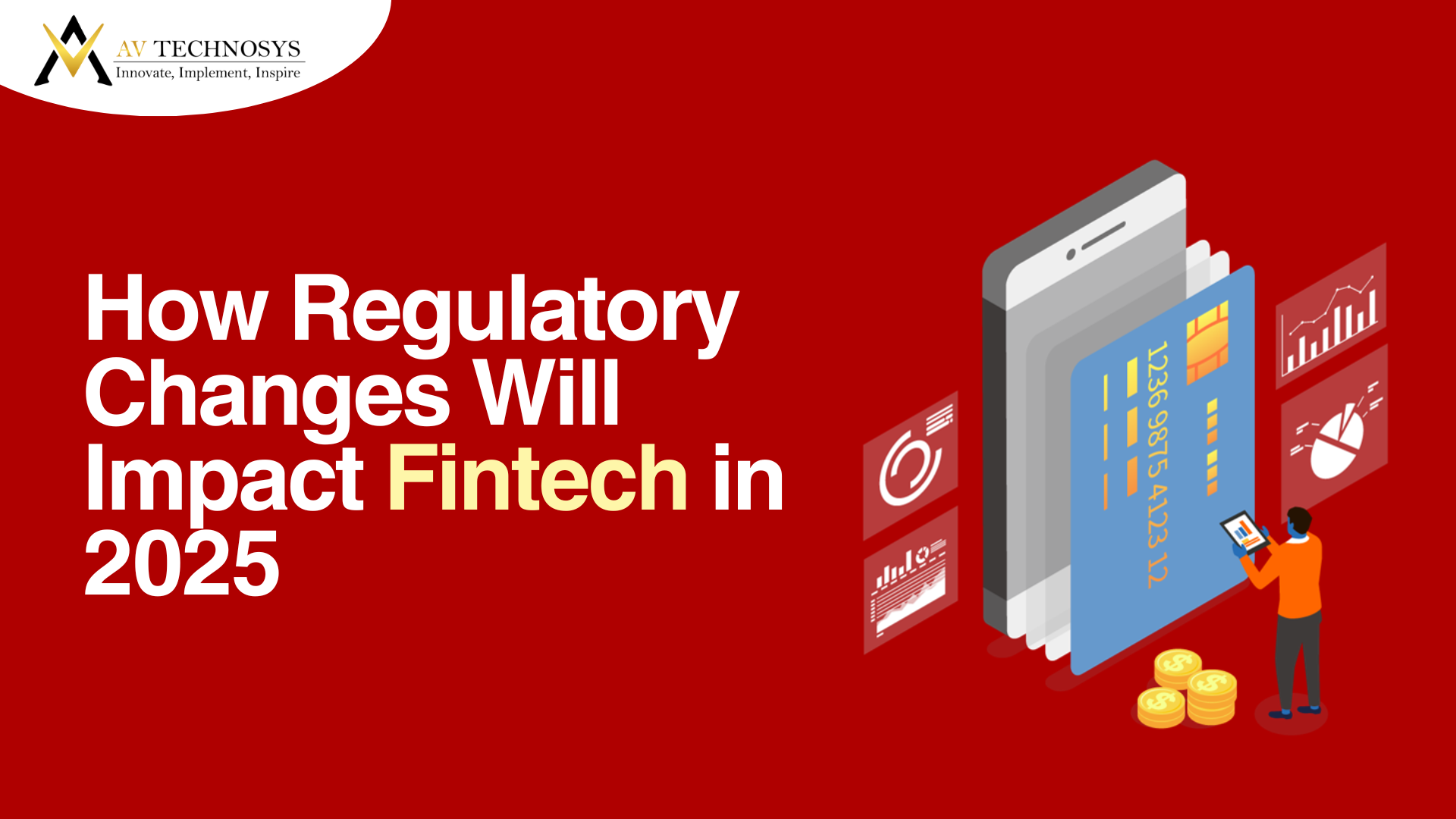How to Build a D2C Ecommerce App: A Step-by-Step Guide for Business Owners
Learn how to build a D2C ecommerce app with this step-by-step guide tailored for business owners in 2025.


E-commerce
Customers prefer direct, individualized interactions with companies in today's digitally first world, without depending on third-party platforms. Direct-to-Consumer (D2C) e-commerce applications are, therefore now crucial for companies.
Brands can manage sales, consumer information, and the entire buying experience using D2C apps. More companies, both new and established, are spending money on these applications in an effort to increase user engagement and profitability.
But setting up an online store isn't enough to establish a successful D2C app. It requires a user-first design, robust technology, and a well-defined strategy.
This tutorial is ideal for new creators or brands expanding their online presence since it takes you step-by-step through the whole process of developing a D2C ecommerce app, from goal-setting to establishing a high-performing platform.
What is a D2C Ecommerce App?
Businesses can sell their goods and services directly to customers using a D2C (Direct-to-Consumer) e-commerce app, eliminating the need for middlemen in the supply chain or other third parties like retailers or marketplaces. For both placing orders and promoting communication between customers and sellers, these applications typically offer in-app product catalogs, user-friendly checkout processes, loyalty plans, and integrated customer care.
D2C apps gave businesses total control over the customer journey, from browsing to purchasing to post-purchase patronage. This was a stark contrast to traditional retail methods, where businesses primarily used middlemen like suppliers or Amazon/Flipkart platforms to reach their customers. Businesses can maintain high profit margins by charging competitive prices using D2C apps.
With favorable prices, access to new product launches, exclusive discounts, and customized services, a direct-to-consumer (D2C) e-commerce app gives users a more personal, brand-focused experience. In terms of business, it offers a way to gather information on customers, their purchasing patterns, and marketing tactics. These may then be used to improve their funnels and eventually increase client retention.
Features of a D2C E-commerce App
User-Friendly Interface and Navigation
Personalized Product Recommendations
Seamless Payment Gateway Integration
Real-Time Order Tracking
AI-Powered Chatbot for Customer Support
Push Notifications and Alerts
Wishlist and Save for Later Option
Multiple Payment Methods
Secure User Authentication and Data Privacy
In-App Reviews and Ratings
Loyalty Programs and Discounts
Advanced Search and Filter Options
An Overview of the Current State of D2C Ecommerce Market
The field of direct-to-consumer (D2C) commerce is breaking new ground in terms of customer behavior preferences, digital transformation, and the resulting mobile-first purchasing experiences. You will see the D2C segment's increasing dominance in the e-commerce sector if you pay attention to the current market data.
The global D2C e-commerce industry is projected to grow at a compound annual growth rate (CAGR) of 11.42% from 2025 to 2034, from $91.62 billion in 2025 to $242.48 billion. Nike Direct accounted for 43.6% of Nike's overall sales in the fiscal year 2023. It indicates that their direct-to-consumer (D2C) segment generates more than $43 out of every $100.
Due to their access to special deals that are founded on honesty and authenticity and emphasize individualized shopping experiences, millennials and Gen Z consumers, in particular, are favoring everything D2C.
Technological innovation in e-commerce app development is one of the main drivers of the D2C market's explosive growth. Direct-to-consumer app development now enables companies to create their own online stores, doing away with the requirement for third-party platforms and improving communication between brands and customers. Brands are adopting mobile-first D2C strategies in order to remain competitive, as mobile usage dominates e-commerce transactions.
In reality, firms have used their branded applications to go digital first in order to avoid losing customers as a result of the disruption in the traditional retail industry. As a result, the same change made it possible for companies to better understand what their customers need, improve their marketing strategies, and increase customer loyalty.
In any case, these apps do increase customer satisfaction and solve important industry problems because the entire eCommerce app development process helps the retail industry by integrating effective systems to guarantee customer retention, streamline operations, and, most importantly, increase profit margins.
Why Should Business Owners Develop a D2C Ecommerce App?
Business stakeholders are hesitant to rely on third-party platforms for customer outreach in today's digitally competitive environment. Businesses must have a specialized D2C e-commerce app in order to better manage their brand, increase revenue, and strengthen their bonds with their core clientele. Because D2C e-commerce has so many advantages, e-commerce companies are now looking to develop it. These are those
1. Stronger Brand Control and Ownership of the Customer Base
Third-party rules and customer data are binding when goods are sold through third-party marketplaces. The brand can control its promotions and establish a connection with the customer using a direct-to-consumer e-commerce app. As a result, the brand may now collect more information, analyze it, prospect, and leverage first-party data.
This data aids in providing a more interaction-focused approach to customer relationship management, even though the brand can now customize the buying experience. As a result, companies can operate more profitably and sustainably since they are no longer constrained by the commission costs and rules of external platforms.
2. Higher Profit Margins and Direct Sales
By eliminating operating expenses, the D2C app makes it possible for the seller to get the entire profit. As a result, the seller or brand benefits directly from any competition the outlet may have on prices, discounts, or promotions. It no longer arranges the prices in relation to a third-party platform.
In addition, in-app cross-selling and upselling tools help companies optimize their earnings. The main point is that if a brand could provide so much more value than just their bottom line, D2C e-commerce apps may be very beneficial to them.
3. Future-Ready With AI-Powered Personalization
D2C brands can now anticipate their future with more speed thanks to AI-powered mobile apps that are reimagining e-commerce. Real-time product recommendations can be made using AI and machine learning algorithms, and predictive analytics can be used to prepare ahead. Chatbots are promised to provide automated client service.
AI's capacity to obtain a significant analytical edge is also beneficial in every manner. Predictive forecasting and intelligent inventory management are two examples of how it eventually improves attrition and boosts overall efficiency. A D2C platform with AI capabilities is the solution if you're still unsure about how to use AI-powered mobile apps to grow your e-commerce firm.
4. Getting a Competitive Edge in a Crowded Market
Creating a D2C app would be a HUGE distinction these days. When your app is being branded, having features that are exclusive to your company and, for the most part, unmatched in the experience of your customers will help brand companies stand out
To ensure the creation of an app that is highly scalable, performs exceptionally well, and offers an unmatched user interface, you must choose a reputable mobile app development firm.
Additionally, by working with a Dubai-based mobile app development company, companies will have access to top-notch expertise and cutting-edge cyber practices, enabling them to stay competitive and future-ready with an app.
5. Improved Scalability and Business Expansion
By making an investment in D2C app development, you are setting the stage for future scalability. Businesses that have a strong backend infrastructure will be able to expand their product offerings, handle increasing demand, and enter new markets—things that companies that rely on other parties may find difficult to accomplish.
Additionally, companies will have cutting-edge features that enhance the user experience, such as voice search capabilities, AR/VR product demos, and multilingual options, all of which expand the app's user base.
6. 24/7 Availability and Better Customer Service
D2C e-commerce applications give consumers 24/7 access to goods and services. Businesses collaborate with chatbot development companies to guarantee excellent customer service by addressing issues quickly for optimum customer satisfaction through the use of live chat support, chatbots, and real-time assistance. Personalized alerts and push notifications can keep consumers interested and encourage more frequent interactions and purchases.
How much does D2C Ecommerce App development cost?
Based on the features provided, platform compatibility, design, integration, and other factors, the price of developing a D2C e-commerce app varies significantly. It should cost between $25,000 and $50,000 for a basic D2C app with conventional features like product listing, cart, and checkout.
However, because of the incorporation of sophisticated features, AI-powered recommendations, and cross-platform compatibility, the cost of a custom-built software may quickly exceed the $100,000 limit.
Therefore, if you are headquartered in the USA, it is essential to speak with a D2C eCommerce app development business that can evaluate the particulars of your unique project in order to obtain an exact D2C app development pricing estimate.
Examples of Some Famous D2C E-commerce Apps to Learn From
D2C e-commerce's rising popularity has made it possible for many firms to bypass intermediaries, connect directly with consumers, and develop financially. A number of companies have effectively used D2C eCommerce app development to change their business strategies, providing insightful information for would-be business owners. Some notable examples are as follows:
1. Glossier – Leveraging Community and Personalization
Launched as a cosmetics blog, Glossier has created a strong presence in the worldwide direct-to-consumer market. Users can post their experiences, photos, and opinions on the community-driven sponsored app.
By tailoring product recommendations according to consumer tastes, Glossier has managed to keep clients enthralled. Thus, their success has served as ample evidence of how customer-driven mobile app experiences open the door to phenomenal growth in the direct-to-consumer sector.
2. Allbirds – Eco-Friendly D2C Footwear
Allbirds made the transition to direct-to-consumer e-commerce by using its sustainable production process to produce eco-friendly sneakers. Real-time product availability displays, simple checkout processes, and thorough product descriptions provide customers with a clear understanding of their environmental habits. The Allbirds app is a true source of inspiration for how to cultivate consumer loyalty through sustainable branding and slick app designs.
3. Casper – Direct-to-Consumer Sleep Goods
The emerging sleep and mattress company Casper went directly to consumers rather than through stores. With features like product comparison troubleshooting, user review areas, and simple financing alternatives, their D2C app lets prospective buyers engage with the purchasing process. Casper continued by demonstrating how traditional sectors can also achieve the first goal through the route of D2C ecommerce by streamlining the mattress purchasing process through their app.
Conclusion
In the end, the companies that embrace emerging technologies, put a high priority on customer-centric design, and constantly improve their apps to satisfy shifting consumer needs will be the ones that prosper in the direct-to-consumer market. Brands can build better relationships, provide individualized experiences, and increase profit margins by eliminating middlemen when they have direct contact to consumers.
But having an online store isn't enough to create a successful D2C app; business owners must collaborate with a skilled ecommerce app development company like AV Technosys to confidently create a D2C app that generates results and gives them a competitive edge.
Start building your next-gen D2C app with AV Technosys. Reach out now.
FAQs
1. What is a D2C ecommerce app?
A D2C (Direct-to-Consumer) ecommerce app allows brands to sell their products directly to customers without relying on third-party retailers or marketplaces.
2. Why should I invest in a D2C app instead of using platforms like Amazon or Flipkart?
A D2C app gives you full control over customer data, branding, pricing, and user experience. It helps build a loyal customer base and higher profit margins in the long run.
3. How much does it cost to build a D2C ecommerce app?
Costs can vary widely depending on features, platform (iOS/Android/web), design complexity, and development team. A basic app may cost between $10,000 to $50,000+, while enterprise-level apps can be significantly more.
4. How long does it take to develop a D2C ecommerce app?
On average, it takes 3–6 months to design, develop, test, and launch a fully functional D2C ecommerce app.
5. Do I need coding knowledge to build my own app?
Not necessarily. You can hire developers, work with an agency, or use no-code/low-code platforms like Shopify, Bubble, or Glide to build your app.
📬 Get in Touch With Us
Name
Mobile No.
Message
Our Latest Blogs
Get the most recent information on trends, technology, and development insights.
View All Blogs

Ashish Bishnoi
07-05-2025
Discover how AI is reshaping fintech with key trends and real-world benefits driving innovation in 2025.

Veer choudhary
08-05-2025
Explore how new regulatory changes will shape the future of fintech in 2025 and beyond.

Veer choudhary
11-05-2025
Learn why fintech startups fail with real examples and key lessons to build smarter in 2025.
Our Technology Experts Are Catalysts for Digital Transformation
Book a Free call with Our Experts and Start Building the Future Today.

INDIA
238, 2nd floor, Purani Chungi,
DCM Road, Vaishali Nagar,
Jaipur, Rajasthan, 302017
+91 9983034111

UK
1-3 St Nicholas Street Worcester
WR1 1UW, United Kingdom
+44 7470994018

USA
15632 Lucy Lane ,
Frisco , TX , 75033
303-589-5158







